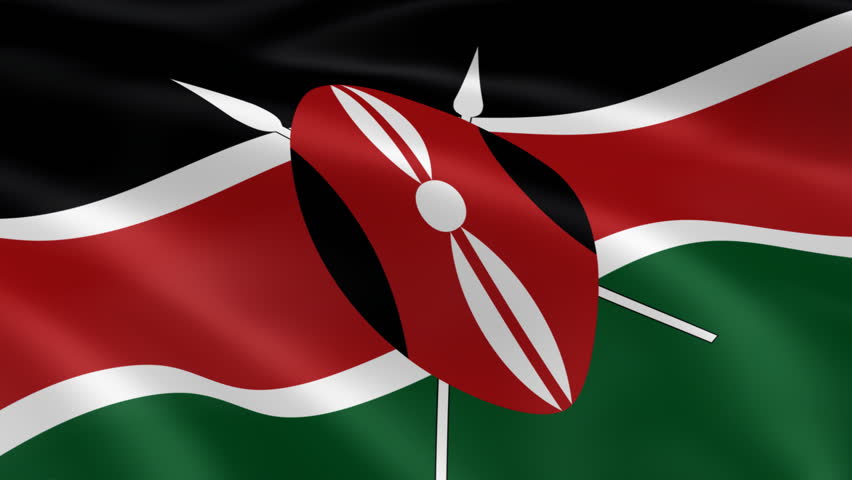)
Numbers do not lie. The youth make up Kenya's biggest voting bloc and with this have the power to determine the outcome of this year's General Election.
One may talk about the Rift Valley and central Kenya being Jubilee Party strongholds, or Nyanza, western Kenya and the coast being bastions of the National Super Alliance, but the votes in either of the ethnic or regional blocs pale in comparison to the youth vote across the country that both President Uhuru Kenyatta and challenger Raila Odinga are assiduously wooing.
18-35 YEARS
Out of 19.6 million voters, nearly 10 million are youth, officially classed as those between the ages of 18 and 35, according to the latest statistics by the Independent Electoral and Boundaries Commission.
And of the 5.2 million new voters on the register, it is likely that most of them will be first-time voters who reached the age of maturity after the last registration period was closed ahead of the 2013 General Election. The oldest will be about 22 and the youngest will have turned 18 just in time to register for the 2017 elections.
These are numbers that can not be ignored. The youth have it in them the power to decide who becomes President, who becomes a county governor and who controls the important law-making and oversight institutions of the County Assemblies, the National Assembly and the Senate.
They have it in their power to determine the leadership and the destiny of this country.
The problem is that they do not know it.
Instead of uniting and pushing their concerns as a powerful single bloc that wants to ensure a stable, progressive and modern country looking towards a brighter and prosperous future, they have been tied down by the shackles of retrogressive ethnic politics.
Both the Jubilee Party and Nasa manifestos acknowledge the power of youth. Their almost identical policies on expanded education opportunities, job creation, economic growth, the digital future, creative arts and sports are meant to capture the imagination of the youth.
But in their policy proposals and in their campaign rallies across the country, one senses that both Mr Kenyatta and Mr Odinga see the youth not as a powerful and influential voting bloc with its own unique interests, needs, concerns and priorities that must be addressed, but simply as voting machines.
The youth do not get a word on the campaign platform, except as emcees and entertainers. It is just a paid gig.
They are called upon to whip up the crowds. They sing and dance on stage and invite the candidate who wants to demonstrate youthful credentials to join the gyrations.
Some entertainment and media celebrities will be allowed to take the microphone to praise the candidate and even feature in campaign advertisements, but most of those will be paid endorsements no different from featuring in a detergent advertisement.
That potent youth vote is not being felt because it is still buried within the regional and ethnic blocs that the candidates are trying to protect or capture in the traditional way that Kenyan politics is played.
The youth will only get politicians to sit up and take notice when they reject the bribes offered in the party manifestos, refuse the paltry handouts on offer and say no to being used as entertainers, hecklers and muscle on the campaign caravans.
And, most important, they must come together as one across ethnic and regional boundaries to articulate their unique dreams and aspirations that any candidate asking for their vote must address.
The Nation offers the youth of Kenya this opportunity.
Source: AllAfrica

No comments:
Post a Comment
Add a Comment...